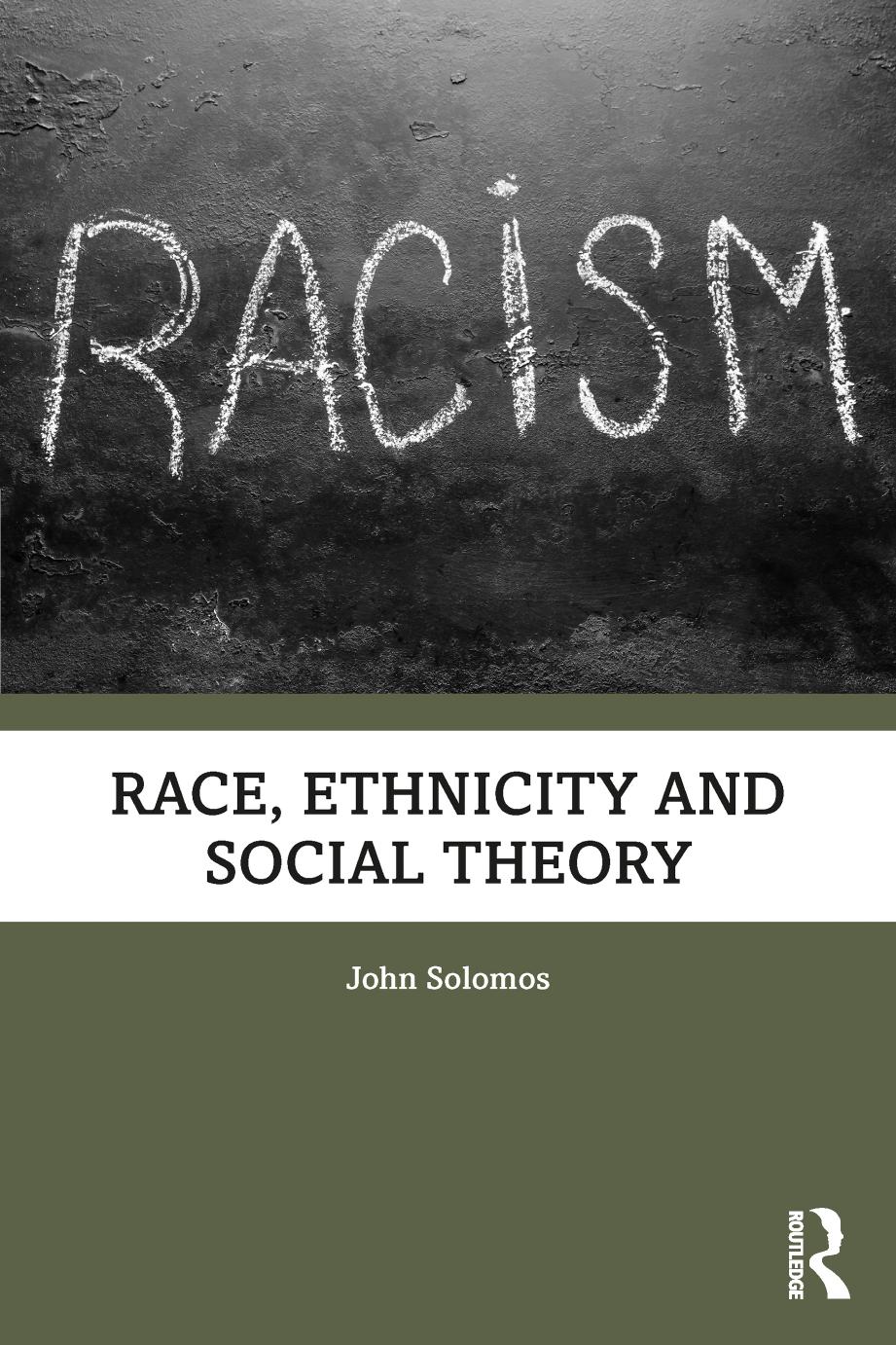

Most ebook files are in PDF format, so you can easily read them using various software such as Foxit Reader or directly on the Google Chrome browser.
Some ebook files are released by publishers in other formats such as .awz, .mobi, .epub, .fb2, etc. You may need to install specific software to read these formats on mobile/PC, such as Calibre.
Please read the tutorial at this link: https://ebookbell.com/faq
We offer FREE conversion to the popular formats you request; however, this may take some time. Therefore, right after payment, please email us, and we will try to provide the service as quickly as possible.
For some exceptional file formats or broken links (if any), please refrain from opening any disputes. Instead, email us first, and we will try to assist within a maximum of 6 hours.
EbookBell Team

4.4
22 reviewsRace, Ethnicity and Social Theory provides a critical analysis of the main areas of scholarly research and debate about racial and ethnic relations over the past few decades. The book covers substantive areas of scholarly debate in this fast-changing field, including race and social relations, identities and the construction of the racial other, feminism and race, the relationship between race and nationalism, antisemitism, the evolution of new forms of racism, race and political representation and, more generally, the changing debates about race and ethnicity in our global environment.
The book argues that there is a need for more dialogue across national and conceptual boundaries about how to develop the theoretical tools needed to understand both the historical roots of contemporary forms of racialised social and political relations and the contemporary forms through which race is made and re-made. A key argument that runs through the book is the need to develop conceptual frameworks that can help us to make sense of the changing forms of racial and ethnic relations in contemporary societies. This means developing more dialogue across national research cultures as well as empirical research that seeks to engage with the key issues raised by contemporary theoretical debates.
The book will be of interest to both students wanting to develop a deeper understanding of this area of scholarship and to researchers of race, ethnicity and migration working in various national and disciplinary environments.